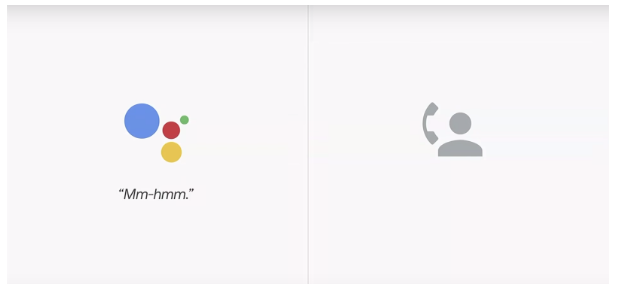TLDR
Yep, you’re doomed!
The longer story
The question “Can a robot do my job?” or the darker variation to that question “Will a robot take my job?” has been asked in fear for many times in history. Every time a technological advancement was made, people were afraid it would take their jobs. Sometimes they were right, sometimes they were wrong but all of the times the jobs that had been taken away by those advancements were replaced with other jobs. Take for example the industrial revolution: the invention of steam machines lead to the creation of steam trains. By consequence a lot of coachmen lost their jobs. But in place there came new jobs, like train conductors and station operators. With the invention of air travel, a lot of jobs in other transportation sectors were lost, but even more new jobs came along: stewards, pilots, maintenance staff, etc...
Even today, people still ask that question. The answer varies. If you’re a postal service clerk, you’re doomed as by 2024, the projected growth of these jobs is -26%. (willrobotstakemyjob.com) If you’re an aerospace engineer or makeup artist on the other hand, you can be sure, you’re totally safe. Robots won’t take that job for a long time. Somewhere in the middle there are the transportation ticket agents and travel clerks. Be warned: robots are watching you to take your job in the near future.
We can also turn around the question and ask “Can a robot help me doing my job (better)?” Most of the time the answer is yes. Jobs are often a combination of a list of boring, repetitive tasks and a more creative thinking process. Robots, or automation in general, can help you by taking away those boring and repetitive tasks. This way you have more time for the creative part.
A great example of this is the recently published project Google Duplex. It is an AI technology trained to book appointments, make restaurant reservations and enquiry businesses about opening hours just by calling them on the phone. All automatically. The person answering the phone won’t even know they were talking to a robot. While the audience was enthusiast to hear the first answer from Google Duplex and went nuts with the first “mm-hmm”, there are again a lot of mixed and negative responses to this project too.

There are various reasons why people respond negatively to this new development: some fears may be issues with security, people using it for scams like impersonating people, spam calls and other ethical reasons. All are very valid points and all should be carefully thought of, but fear of something new should never be a reason not to continue with progress and innovation. After all, people once thought that a human body would melt on a high speed train or they opposed the building of a subway because the underground is the devil’s terrain. How do we think about these ideas Today?
Weather you are fearing these new developments or embracing them, one thing is sure: we cannot stop new technologies from coming.




